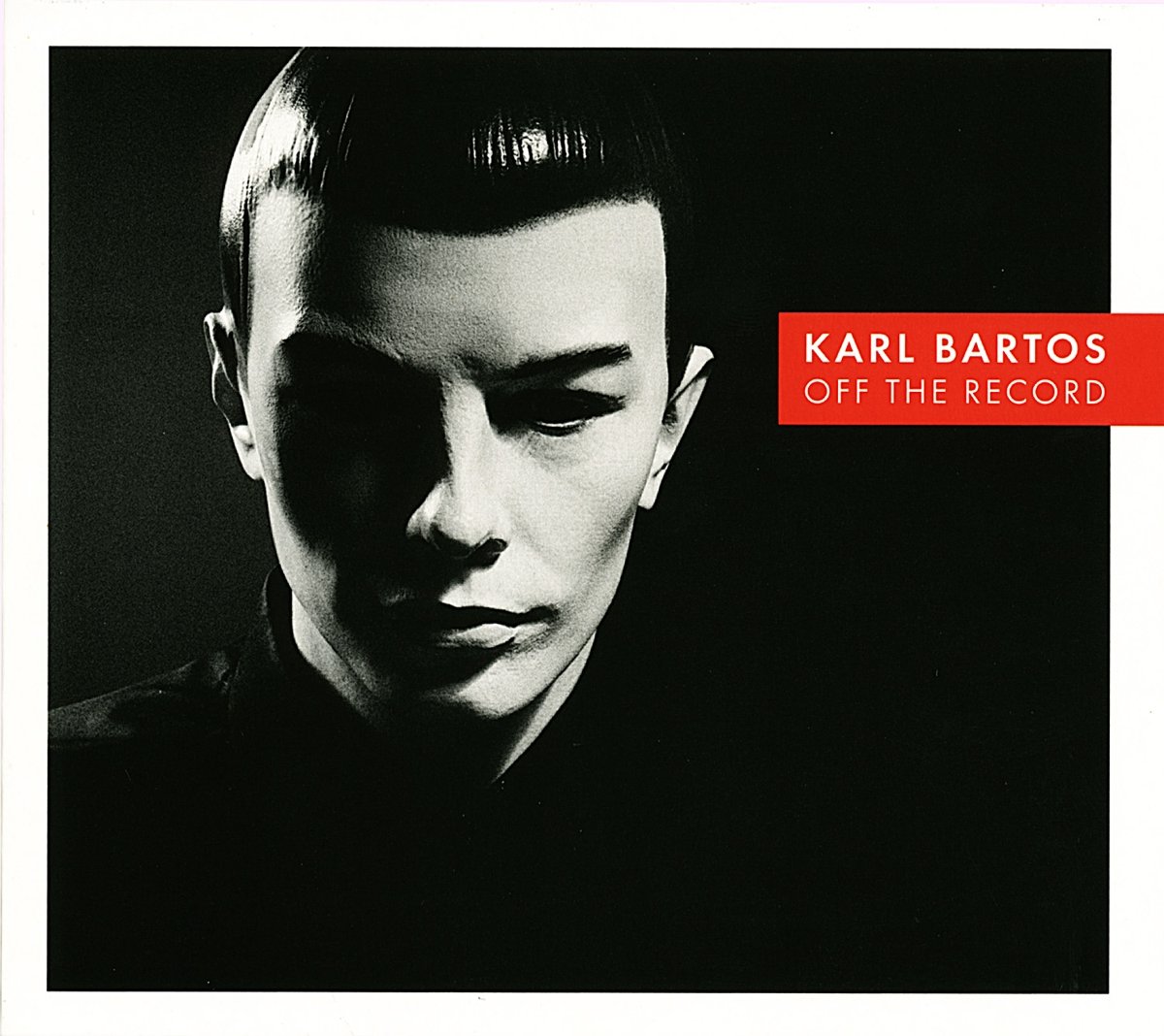
During his time as a member of Kraftwerk, Karl Bartos was apparently something of a musical archivist-using a number of tape machines to record different synthesizer ,computer and electric keyboard loops and snippets that were floating around as raw material as Kraftwerk were producing the music that would be so massively influential to future generations. Karl knew they would probably be of some use to him,someday.
But he didn’t know exactly when. Then came a period between 2010 and this release where,in the midst of conceptualizing his next album,he decided it was now appropriate to construct some type of form out of all the unfinished bits and pieces he had taped during Kraftwerk’s fruitful constructivist period. So he added his own new album concept into fleshing out these musical archives,and the result is this new album.
Not surprisingly this album has the flavor of a classic Kraftwerk album in their heyday. But there’s a very strong individual flavor as well. “Atomium” opens the album,a very orchestral and cinematic venture atypical of Kraftwerk’s more stripped down approach. It sounds like the opening of a feature film almost until snippets of vocoderized conversation about the rise and fall of the atomic age kick in,and one realizes it’s something else.
“Nachtfahrt”,”International Velvet” and even the largely instrumental closer “Hausmusik” are all happily melodic,minimal electronic pop firmly in the late 70’s Kraftwerk tradition of the form. “Without A Trace Of Emotion” and “The Tuning Of The World” strike more somber chords,as a longing for a grand creative subculture and,with no irony lost,a sense of humanity even in electronic music making up the lyrical form of these songs.
“The Binary Code” is a nearly two minute embodiment of “the video game sound” synthesizer composition in action,likely a taped loop unmixed from it’s approach. The almost industrial house approach of “Musica Ex Machina” as well as the far more experimental sound abstractions of “Instant Bayreuth”,”Vox Humana” and “Rhythmus”. These songs are a lot more complex rhythmically and melodically. And sound as if they come from the mid 80’s as Kraftwerk were regrouping to record as they reflect the influence of electro-funk/hip-hop to some degree.
There is a flavor to this album of a compilation of unreleased Kraftwerk material. But if one digs a little deeper there’s quite a lot more of Karl Bartos the individual as well. He has a thoughtful and reflective personality,illustrated in the in depth liner notes on this CD,that comes across loud and clear on his musical and lyrical choices. It’s an excellent recording I highly recommend to anyone who has a strong interest in Kraftwerk and the electronic music revolution in general.
Originally written as an Amazon.com customer review on March 22nd,2013

